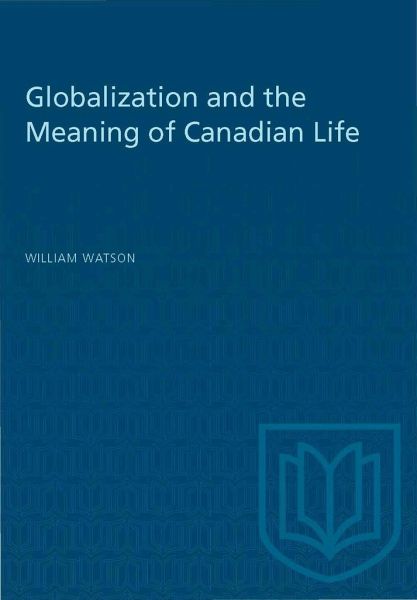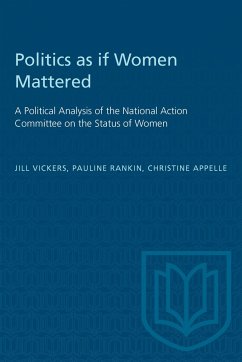
Globalization and the Meaning of Canadian Life
Versandkostenfrei!
Versandfertig in 2-4 Wochen
47,99 €
inkl. MwSt.

PAYBACK Punkte
24 °P sammeln!
Globalization is not new: Canadians have some 400 years' experience of being dependent on economic events in other countries. Watson shows that economic integration leaves room for considerable diversity in national economics and social policies.












